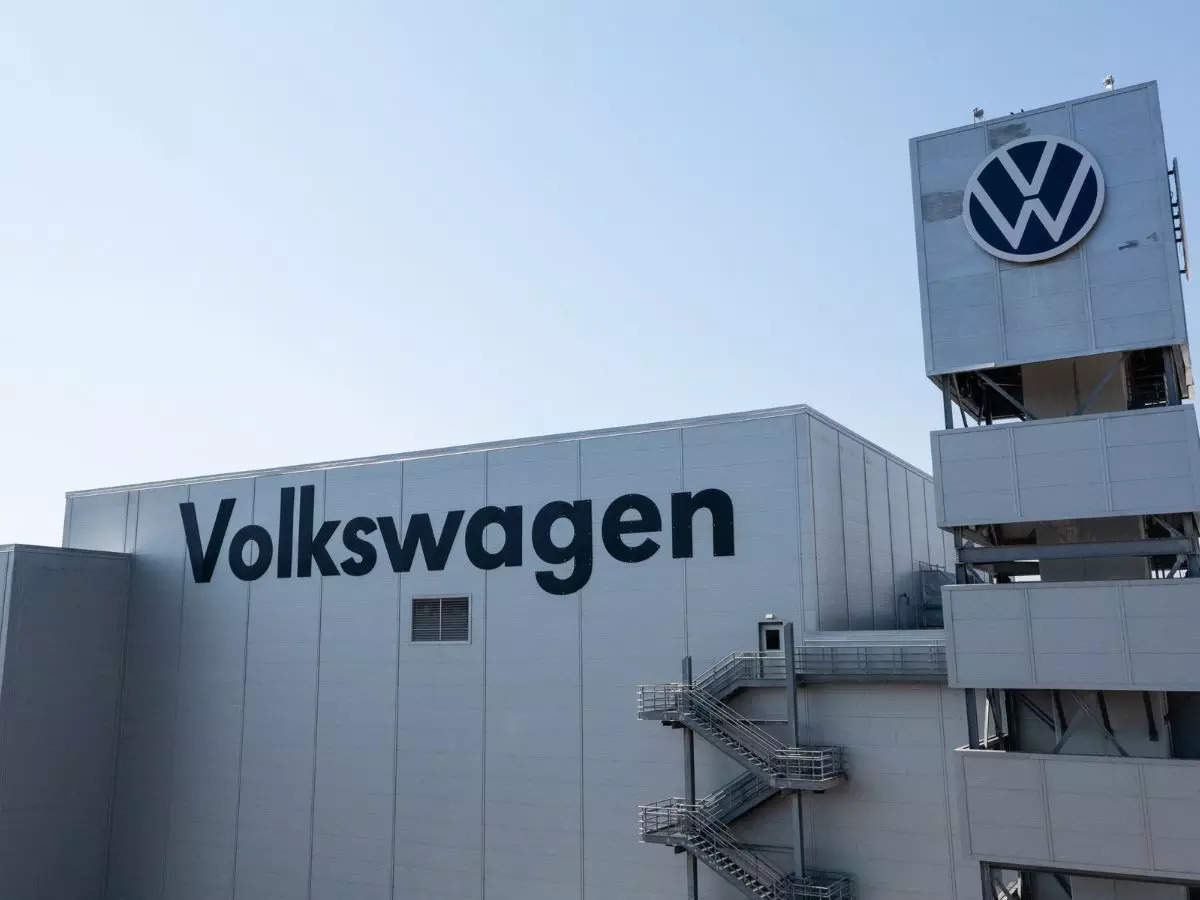India has surpassed Japan to emerge as the third largest vehicle market in the world, a feat which no one would have thought possible a decade back, Mayer said.
China is the largest car market, followed by the US.
Mayer, who is on his first visit to India after assuming charge of international sales at the headquarters, said he was “pleasantly surprised” at the changes here. “The growth is impressive. People have the spending power. And it is not just smaller, cheaper cars that people are buying but the bigger and premium vehicles. Infrastructure has improved. People are taking more road trips. There is another use case today for buying more premium vehicles to travel comfortably with families,” Mayer said.
India is in the process of adding 13,814 km of highways this fiscal year. The total length of the highway network in Germany is a little over 13,000 km.
New vehicle sales (passenger vehicles and commercial vehicles) in India rose 7% to 5.07 million in 2023, ahead of Japan for the second straight year where volumes grew 14% to 4.77 million units.“India, needless to say, continues to be a key market for Volkswagen. India is now a market of 4 million units (of passenger vehicles). And is expected to grow 5-7% this year”, he said, adding, the company is committed to the Indian market and will continue to introduce its premium products over the next few years.First off the block will be EV ID.4, to be brought in as a fully built unit and launched in the October-December quarter of 2024.
Electrification, in fact, is one of the company’s priorities for the Indian market and Volkswagen plans to introduce electric vehicles in three stages here.
Volkswagen Passenger Cars India brand director Ashish Gupta said: “The first part involves bringing some cars from our global portfolio into India, like the ID 4, as an FBU (fully built up). That’s a market introduction and testing of the market to see how our portfolio fits. The second part, through parts and components, involves local assembly for economies of scale and increased volumes. The third part, planned for 2026, is local electrification, as scaling up electrification involves localisation.”
Gupta declined to specify if the company is looking to leverage the Indian government’s new policy aimed at encouraging global companies to set up manufacturing bases for EVs in the country. “The EV policy has just come in. The group is examining it and will decide on it shortly,” Gupta informed.
Around 83,000 electric vehicles were sold in the country in the calendar year 2023. In fiscal 2025 that starts next month, carmakers are set to launch 10 EVs including the Maruti Suzuki eVX, Tata Curvv, Kia EV9 and the Mahindra XUV e8. Volkswagen too is looking at local production of EVs, but has yet to disclose details of its plans for mass electrification of products.


